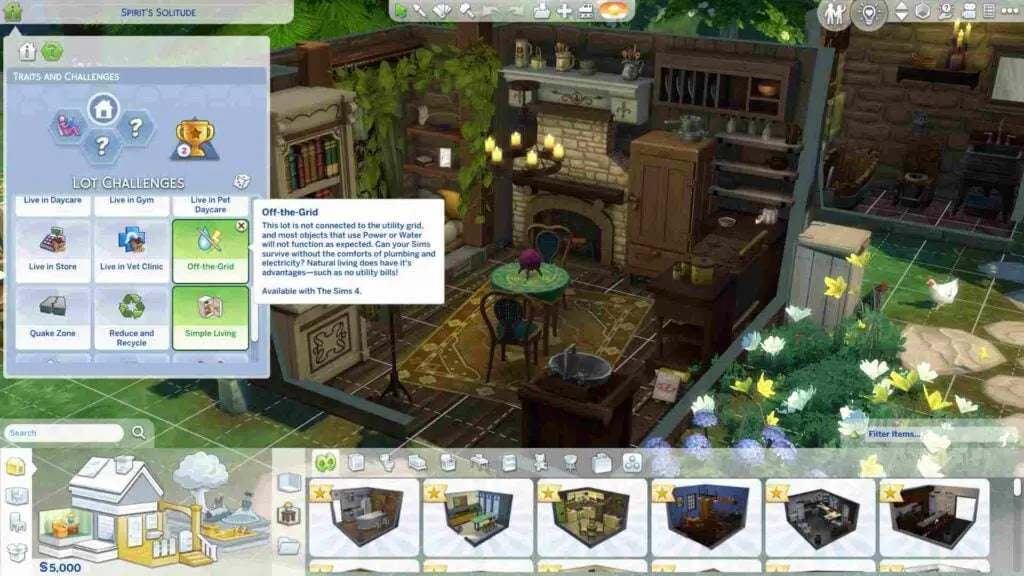Living off the grid in the city may sound like a dream come true for those seeking a more sustainable and self-sufficient lifestyle, but it comes with its fair share of challenges and restrictions. While fully disconnecting from utilities can be difficult due to various regulations, partially living off the grid by generating your own power and heat is more feasible. However, owning the property is crucial for this lifestyle choice. Solar panels are recommended for power generation, although the urban pollution and dust can pose additional challenges. Growing your own food in the city can be tricky due to pollution, but a greenhouse can provide a protective environment for your crops. Making compost in the city requires extra caution to prevent attracting unwanted rodents, and harvesting rainwater is possible, but the air pollution may affect its quality. Lastly, it is important to follow the law and be cautious about sharing your off-grid lifestyle in the city.
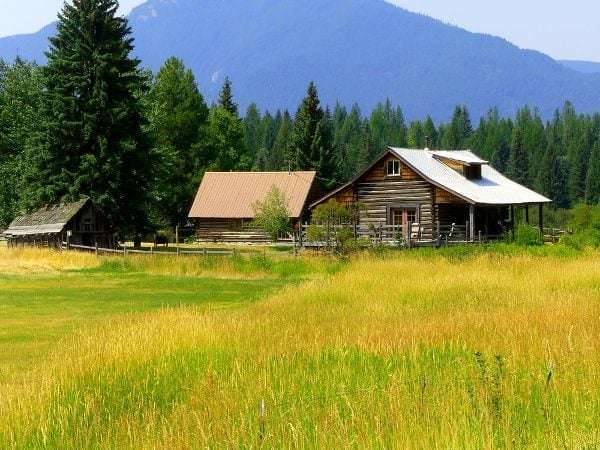
Challenges of Living Off the Grid in the City
Living off the grid in the city may sound like an appealing idea, offering independence and sustainability. However, there are several challenges that make this lifestyle difficult to achieve. One major obstacle is the restrictions imposed on disconnecting from utilities. In most cities, it is mandatory to remain connected to the grid and reliant on public utilities such as water, electricity, and gas. This restriction limits your ability to fully disconnect and rely solely on self-generated power and resources.
Another challenge faced by urban dwellers wishing to live off the grid is the limited space available for generating power and heat. City living often means living in small apartments or houses with limited rooftop space. This makes it challenging to install solar panels or wind turbines, which are commonly used to generate off-grid power. Additionally, space constraints may limit your ability to install a wood-burning stove or other alternative heating systems, further reducing your options for off-grid living in the city.
When it comes to utilizing solar panels in urban areas, pollution and dust pose significant challenges. City life often comes with increased air pollution, which can settle on the surface of solar panels and reduce their efficiency. Dust particles can accumulate on the panels, hindering the absorption of sunlight and diminishing their power generation capacity. This means that in order to maintain optimal efficiency, regular cleaning and maintenance of the solar panels are necessary, adding to the already demanding nature of off-grid living.
Another challenge for those looking to grow their own food in the city is the presence of urban pollution. City air can contain high levels of pollutants, such as chemicals from vehicles and industrial emissions, which can have a detrimental effect on plant growth. Urban farmers need to take extra precautions to mitigate the impact of pollution on their crops, such as using air filtration systems or growing plants indoors. This adds an additional layer of complexity to urban farming, making it more challenging to achieve self-sufficiency in food production.
Another consideration for off-grid living in the city is rodent control when composting. Composting is a sustainable and efficient way to manage food waste and create nutrient-rich soil. However, in an urban environment, attracting rodents can be a major concern. The availability of food waste can attract rats and other pests, creating a potential health hazard. Special care must be taken to secure compost bins and ensure that they are rodent-proof to prevent infestations and maintain a clean and healthy living space.
Harvesting rainwater is a common practice in off-grid living, but it comes with its own set of challenges in the city. Urban areas often have higher levels of pollution compared to rural areas, which can affect the quality of harvested rainwater. Airborne pollutants such as dust, chemicals, and particulate matter can contaminate the rainwater, making it unsuitable for consumption without proper filtration and treatment. This necessitates the use of additional purification systems to ensure the safety and quality of the rainwater.
Feasibility of Partially Living Off the Grid in the City
While complete off-grid living may be challenging in the city, partially living off the grid is more feasible. This approach allows you to generate your own power and heat while still remaining connected to the grid for backup and convenience. By installing solar panels or other renewable energy systems, you can reduce your reliance on traditional utilities and enjoy the benefits of self-generated energy.
One of the key benefits of partially living off the grid in the city is the potential cost savings. Generating your own power through solar panels can significantly reduce your electricity bills. By harnessing the power of the sun, you can tap into a free and renewable energy source, decreasing your dependence on the grid and reducing your environmental impact.
Partially living off the grid also provides a greater sense of self-sufficiency and resilience. By having your own renewable energy system in place, you can become less reliant on external sources of power and heat. This is particularly beneficial during power outages or emergencies, as you will still have access to essential services while others may be left in the dark. This level of independence can offer peace of mind and enhance your overall quality of life.
It is important to note that property ownership plays a crucial role in off-grid living in the city. Owning the property provides you with greater control and flexibility in implementing alternative energy systems and sustainable practices. Renting or living in a condominium may pose additional challenges, as you will need to navigate through property restrictions and seek permission from landlords or homeowners’ associations. Therefore, if you are considering off-grid living in the city, owning the property should be a priority.
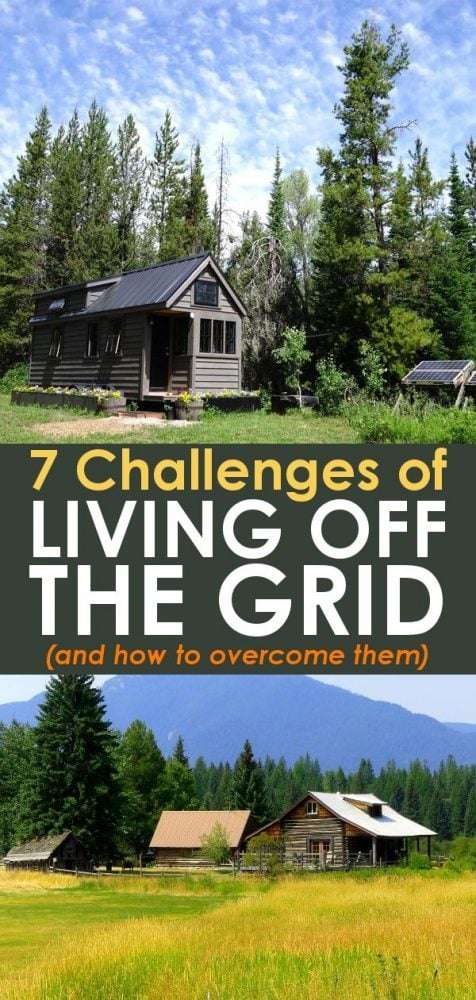
Generating Power and Heat in Urban Areas
When it comes to generating power and heat in urban areas, solar panels are a highly recommended option. Solar energy is a clean and renewable source of power that can be harnessed effectively in most urban settings. By installing solar panels on your rooftop or in available outdoor spaces, you can capture the sun’s energy and convert it into electricity.
Using solar panels for power generation offers numerous advantages. Firstly, solar energy is abundant and freely available in urban areas, as buildings often have unobstructed access to sunlight. This means that you can generate a significant amount of electricity even in densely populated cities. Secondly, solar panels require minimal maintenance, making them a convenient choice for off-grid living. Once installed, they operate silently and do not require frequent repairs or replacements.
However, it is important to consider the challenges posed by pollution and dust in urban areas. As previously mentioned, air pollution and dust can settle on the surface of solar panels, reducing their efficiency. Regular cleaning and maintenance are necessary to ensure optimal power generation. Additionally, choosing high-quality solar panels with self-cleaning coatings or anti-reflective surfaces can help mitigate the impact of pollution and dust.
Growing Food in an Urban Setting
Growing your own food in an urban setting can be a rewarding and sustainable practice. However, it is not without its challenges. Urban agriculture faces the obstacle of pollution, which can have a negative impact on plant growth and food safety. Chemical pollutants from vehicles, industrial activities, and pesticides can contaminate the soil and plants, affecting their nutritional value and posing potential health risks.
To overcome these challenges, urban farmers often turn to greenhouses. Greenhouses provide a controlled environment, shielding plants from pollution and allowing for year-round cultivation. By creating a barrier between the plants and the polluted air, greenhouse farming can help ensure the quality and safety of the produce. Additionally, greenhouse farming enables urban farmers to cultivate a wide variety of crops, extending the range of food options available.
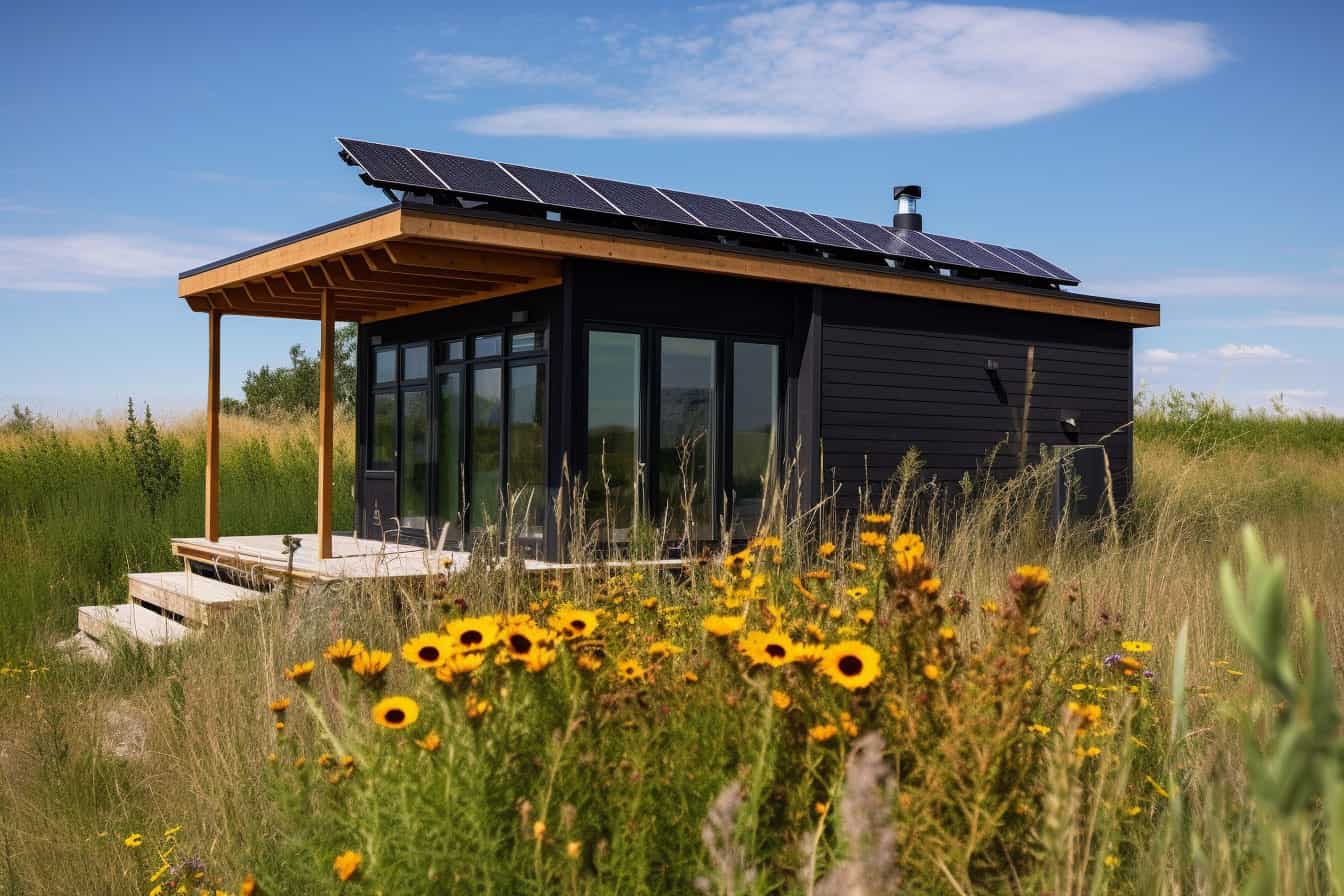
Composting in the City
Composting is an essential aspect of sustainable living, but it requires special care when practiced in a city environment. One of the primary concerns when composting in the city is rodent control. The abundance of food waste can attract rodents, creating potential health hazards and unwanted pest infestations.
To avoid rodent infestations, it is important to take preventive measures when composting in the city. Firstly, choose a composting method that is rodent-proof, such as a closed bin or a worm composting system. These systems prevent rodents from accessing the compost and reduce the risk of infestations. Additionally, ensure that the compost area is kept clean and free of food scraps that may attract pests. Regularly turning the compost and maintaining the proper balance of organic materials will help accelerate the decomposition process, minimizing the presence of food waste and deterring rodents.
Harvesting Rainwater in Urban Areas
Harvesting rainwater is a popular practice in off-grid living, as it provides a sustainable source of water for various purposes. However, in urban areas, there are potential challenges related to pollution and water quality.
Urban areas tend to have higher levels of pollution compared to rural areas, which can affect the quality of harvested rainwater. Airborne pollutants such as dust, chemicals, and particulate matter can contaminate the rainwater, making it unsuitable for consumption without proper filtration and treatment. Therefore, it is crucial to implement effective purification systems to ensure the safety and quality of the rainwater.
To overcome these challenges, various filtration methods can be employed. This may include using mesh filters to remove larger debris, activated carbon filters to eliminate chemicals, and ultraviolet (UV) sterilization to kill bacteria and pathogens. Regular testing of the harvested rainwater is also recommended to ensure its purity and suitability for various uses.
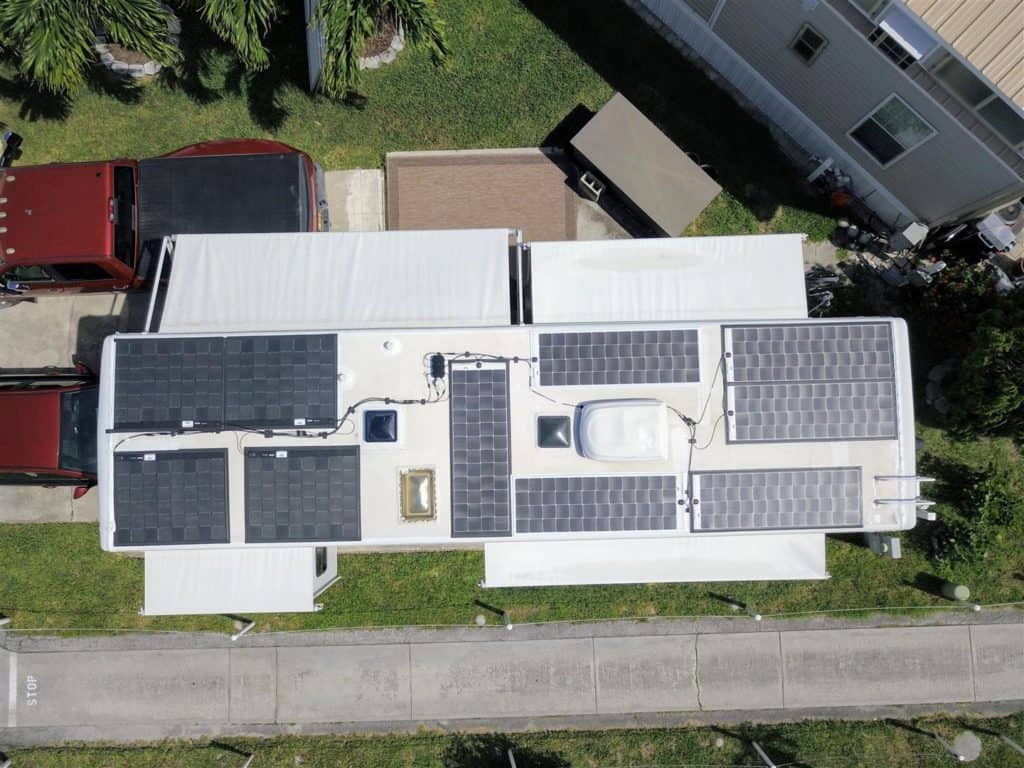
Legal Considerations for Living Off the Grid in the City
Living off the grid in the city may come with legal considerations and obligations. It is important to comply with city regulations and ensure that your off-grid lifestyle is within the bounds of the law. Some cities have specific rules and restrictions regarding the installation of renewable energy systems or composting practices. Familiarize yourself with the local laws and permit requirements to avoid any legal issues or fines.
Additionally, it is important to exercise caution when sharing your off-grid lifestyle in the city. While the concept of sustainable living and self-sufficiency may be embraced by some, others may view it with skepticism or misunderstanding. It is advisable to be mindful of how you discuss your off-grid lifestyle and to avoid confrontations or disputes with neighbors or local authorities. Open communication, education, and respect for others’ perspectives can help foster a positive and supportive environment for off-grid enthusiasts in the city.
In summary, living off the grid in the city presents several challenges, including restrictions on disconnecting from utilities, limited space for generating power and heat, pollution and dust challenges for solar panels, urban pollution’s effect on growing food, rodent control for composting, and pollution concerns for harvesting rainwater. However, partially living off the grid while connected to the grid through renewable energy systems provides a feasible option. Generating power and heat using solar panels is recommended, although pollution and dust can affect the efficiency of these systems. Urban farming can be challenging due to pollution, but the use of greenhouses can help protect crops. Composting in the city requires special care to prevent rodent infestations, and harvesting rainwater may require additional filtration to address pollution concerns. Lastly, it is important to be aware of and comply with city regulations, as well as maintaining a cautious approach when sharing your off-grid lifestyle with others in the city.

